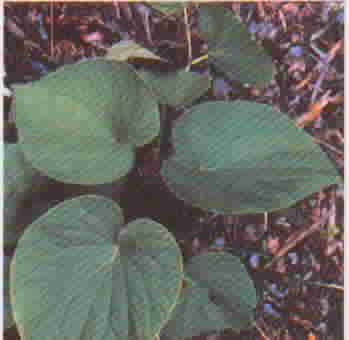 In 2003, Germany, Canada, the United Kingdom and other countries banned sales of highly concentrated kava dietary supplements, which had been linked to liver damage and death. A summary report is here.
In 2003, Germany, Canada, the United Kingdom and other countries banned sales of highly concentrated kava dietary supplements, which had been linked to liver damage and death. A summary report is here.
Now, researchers at the University of Hawaii at Manoa in Honolulu have studied the long-term effects on the liver of drinking kava beverages.
First, the details.
- Liver function tests of 31 healthy adult kava drinkers were compared to 31 healthy adult non-kava drinkers.
And, the results.
- Chronic kava beverage consumption was associated with a significant increase in gamma glutamyl transferase (GGT) in 65% of the kava drinkers vs 26% in non-drinkers.
- Alkaline phosphatase (ALP) increased significantly in 23% of kava drinkers vs 3% in non-drinkers.
The bottom line?
- GGT is found in high concentrations in the liver, bile ducts, and kidney.
- ALP is found in high concentrations in liver and bones.
- The combination provides a link to the liver.
“There’s some evidence of something happening in the liver,” said Dr. Janet Onopa, a coauthor of the study. “But it doesn’t seem like anything catastrophic.”
The value of kava to treat anxiety is controversial. Some are positive, others not.
More study is needed to link these laboratory test changes to hepatitis. However, if this were a prescription drug, your doctor would probably draw a sample of your blood for baseline liver enzyme levels and repeat the study in a month or two.
9/23/07 19:13 JR